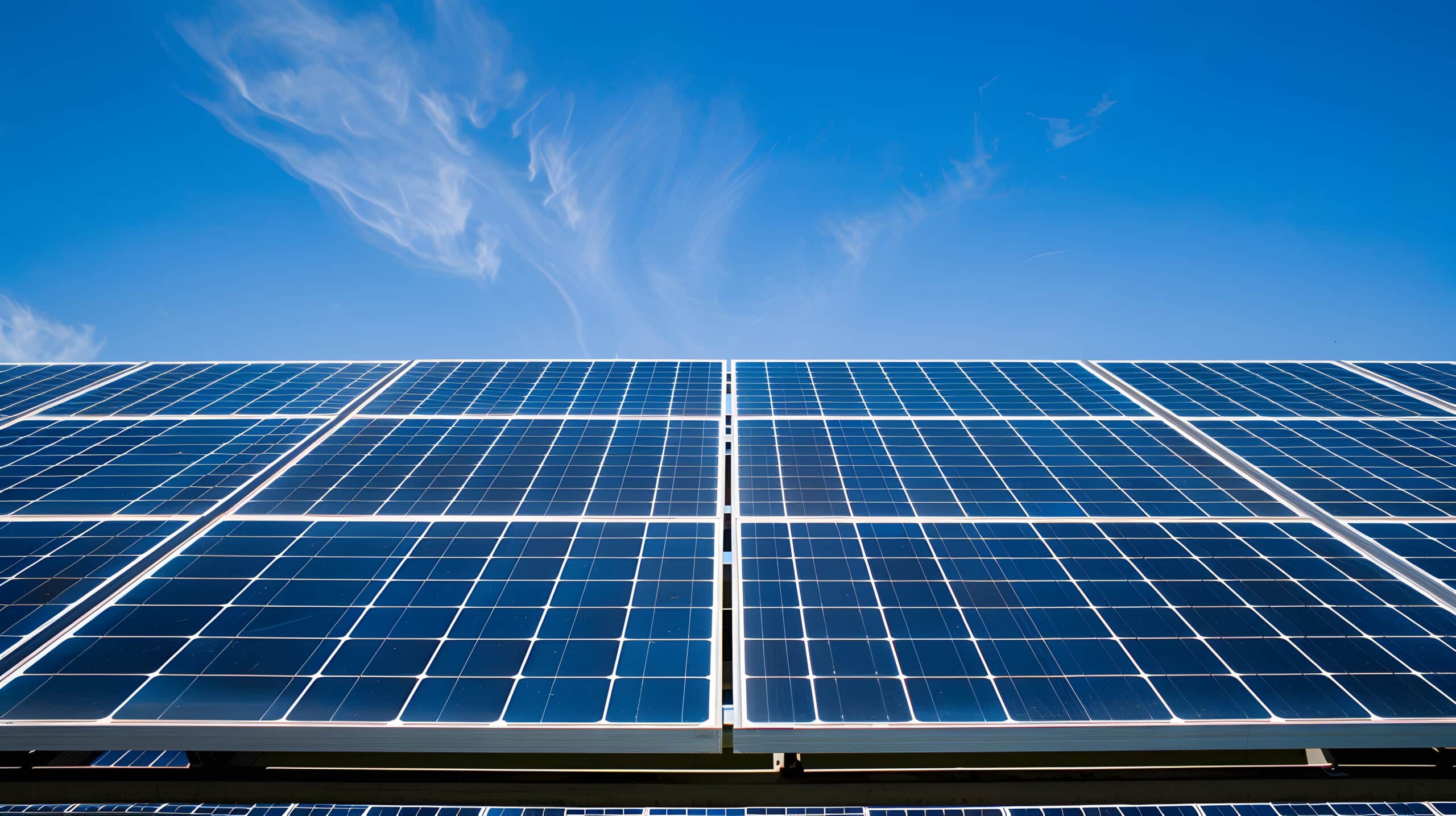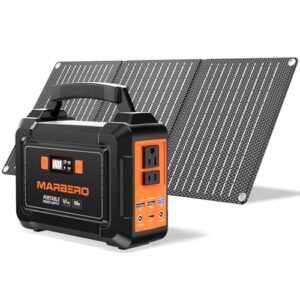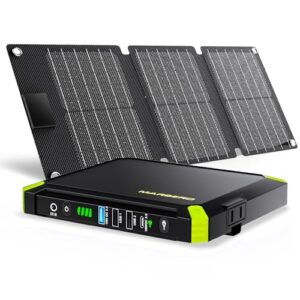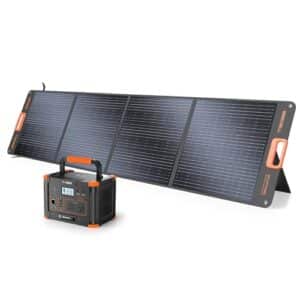Watts Produced by a Solar Panel?
Key Takeaways
- Sunlight conditions have a significant impact on the wattage output of solar panels.
- The efficiency of a solar panel plays a crucial role in determining the amount of electricity it can generate.
- The type of panel chosen can affect the overall wattage output.
When it comes to solar panels, one of the most common questions is how many watts they can produce. The wattage output of a solar panel is an important consideration for anyone looking to invest in solar energy. In this article, we will explore the factors that affect the wattage output of solar panels and provide an overview of the average watts produced by a solar panel.
Factors Affecting Solar Panel Wattage Output
The wattage output of a solar panel can vary based on several factors. Let’s take a closer look at these factors:
- Sunlight Conditions: Solar panels produce more electricity in locations with higher levels of direct sunlight. Areas with abundant sunshine will typically have higher wattage output compared to regions with less sunlight.
- Efficiency: The efficiency of a solar panel plays a crucial role in determining the amount of sunlight that gets converted into electricity. Higher efficiency panels can generate more watts per square foot.
- Type of Panel: Different types of solar panels have varying efficiency levels. Monocrystalline panels are known to be the most efficient, followed by polycrystalline panels and thin-film panels. The choice of panel can impact the overall wattage output.
- Temperature: High temperatures can temporarily reduce the efficiency of solar panels, resulting in a decrease in wattage output. It’s important to consider temperature management and cooling options for optimal performance.
- Maintenance and Cleaning: Regular maintenance and cleaning are essential to ensure maximum sunlight exposure and prevent any dirt or debris from obstructing the solar panels. Proper care can help maintain optimal wattage output.
Average Watts Produced by a Solar Panel
The average watts produced by a solar panel typically range between 250 and 450 watts per hour of direct sunlight. However, it’s important to note that the most common power rating for residential solar panels in recent years has been around 400 watts. This means that the majority of solar panels installed in homes tend to fall within the 350-450 watt range.
It’s worth mentioning that solar panel efficiency has improved significantly over the years. In 2024, the average efficiency of solar panels is around 21%, compared to 19% five years ago. The most efficient solar panels available for homes today have an efficiency of 22.8%. Brands like SunPower, REC, Panasonic, Maxeon, Jinko Solar, and Q CELLS offer solar panels with above 22% efficiency.
Conclusion
In conclusion, the wattage output of a solar panel is influenced by factors such as sunlight conditions, panel efficiency, type of panel, temperature, and maintenance. While the average watts produced by a solar panel fall within the 350-450 watt range, it’s important to choose panels with higher efficiency for maximum electricity generation. Higher-efficiency solar panels generally come at a higher cost, but they offer improved performance and can help maximize the return on investment.
Related Websites:
- EnergySage – Solar Panel Output
- Treehugger – How Much Electricity Does a Solar Panel Produce?
- Solar.com – How Much Energy Does a Solar Panel Produce?
- This Old House – Solar Panel Output
- Solar Panels Network – Factors That Affect the Output of a Solar Panel
- MarketWatch – Solar Panel Wattage
- EnergySage – Most Efficient Solar Panels on the Market
- Clean Energy Reviews – Most Efficient Solar Panels
- EnergySage – Best Solar Panels Complete Ranking
FAQs:
Q: What is the significance of understanding the watts produced by solar panels?
Understanding the watts produced by solar panels is crucial when considering their purchase as it helps determine the power output and energy generation capacity. By knowing the wattage, you can assess if the solar panel can meet your energy needs effectively.
Q: What factors affect the wattage produced by a solar panel?
Several factors influence the wattage produced by a solar panel, including sunlight intensity, panel efficiency, and size. The intensity of sunlight, geographic location, weather conditions, and time of day can impact the wattage output. Higher panel efficiency results in more watts generated from the same amount of sunlight. Additionally, larger panels generally have a higher wattage output due to their increased surface area.
Q: How can I estimate the wattage output of a solar panel?
To estimate the wattage output of a solar panel, you can refer to the general range of wattage outputs available in the market. Additionally, you can calculate the wattage output based on the panel’s specifications, such as wattage per square meter. However, it’s important to consider the actual conditions, such as sunlight intensity and panel efficiency, when estimating the wattage output.
Q: How do I determine the number of solar panels needed to meet my energy requirements?
Understanding the wattage produced by solar panels is essential when determining the number of panels needed to meet your energy requirements. Individual energy needs dictate the number of panels required. By calculating your energy needs and considering the wattage output of the panels, you can accurately determine the number of panels needed. Consulting professionals and using examples or scenarios can also help in this calculation.
Q: Why is it important to consult professionals and conduct further research when choosing solar panels?
Consulting professionals and conducting further research is important when selecting solar panels because they can guide you towards the most suitable panel for your specific energy requirements. Professionals can provide expert advice based on factors such as your location, energy needs, and budget. Additionally, further research allows you to make an informed decision and ensure the solar panel meets your expectations.






